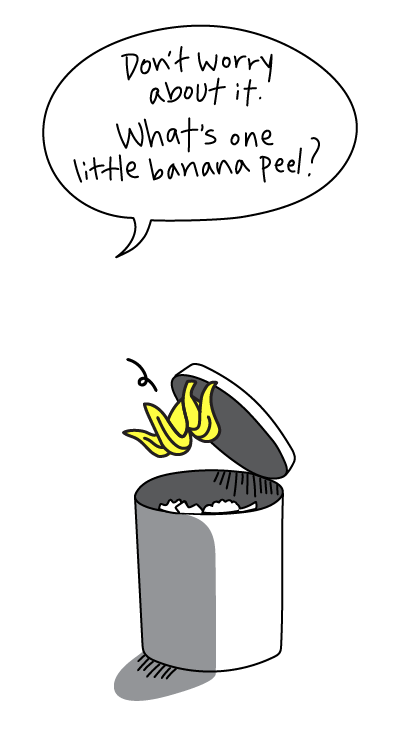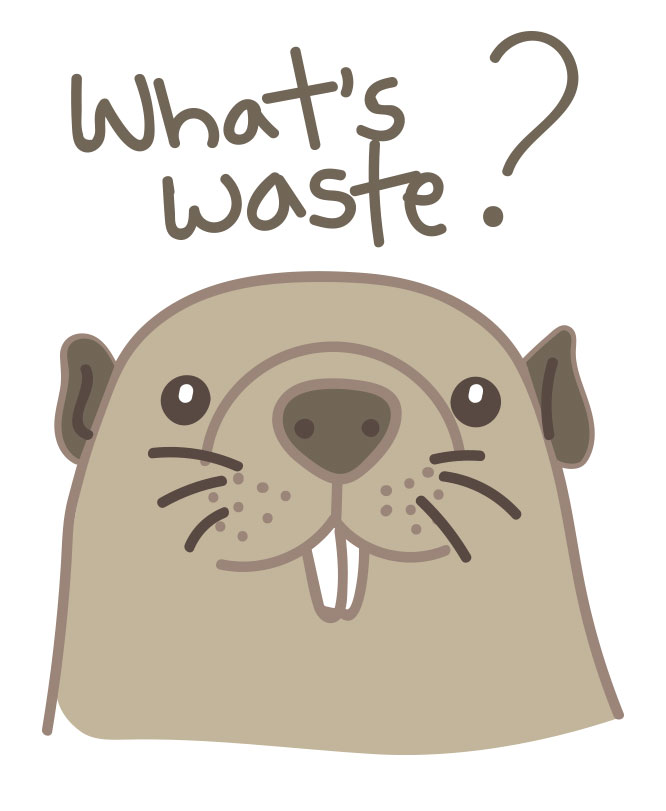A pollutant entering the digestive systems and blood streams of a wide variety of fish, reptiles and mammals, including sapiens.
The chemicals used to produced plastics are absorbed by organisms on the bottom of the food chain and enter the systems of many, if not most, living species. The U.S. Centers for Disease Control and Prevention found that 93 percent of the population had detectable levels of BPA, a hormone disruptor, in their urine. Also, plastic from landfills seep into the groundwater and are then consumed in drinking water.
See the video: When did we become a plastic society?
What Are My Choices?
What can you do? Here are some choices that are available to you.
1) Share this definition with others and tell others about the environmental and health costs of plastic use.
2) Support legislation for a plastic tax to be paid by producers and sellers of single-use plastics (such as food containers and shopping bags).
3) Do not use plastic bags at the grocery store or plastic utensils for take-out food. Use reusable shopping bags, water bottles and utensils.
4) Ask your political representatives to increase restrictions on pollution, such as BPA, from chemical manufacturers.
5) Hold plastic producers financially responsible, with fines or penalties, for plastic pollution.
6) Ask your grocery store and local merchants to use bio-degradable plastic or reusable materials as opposed to plastic.

